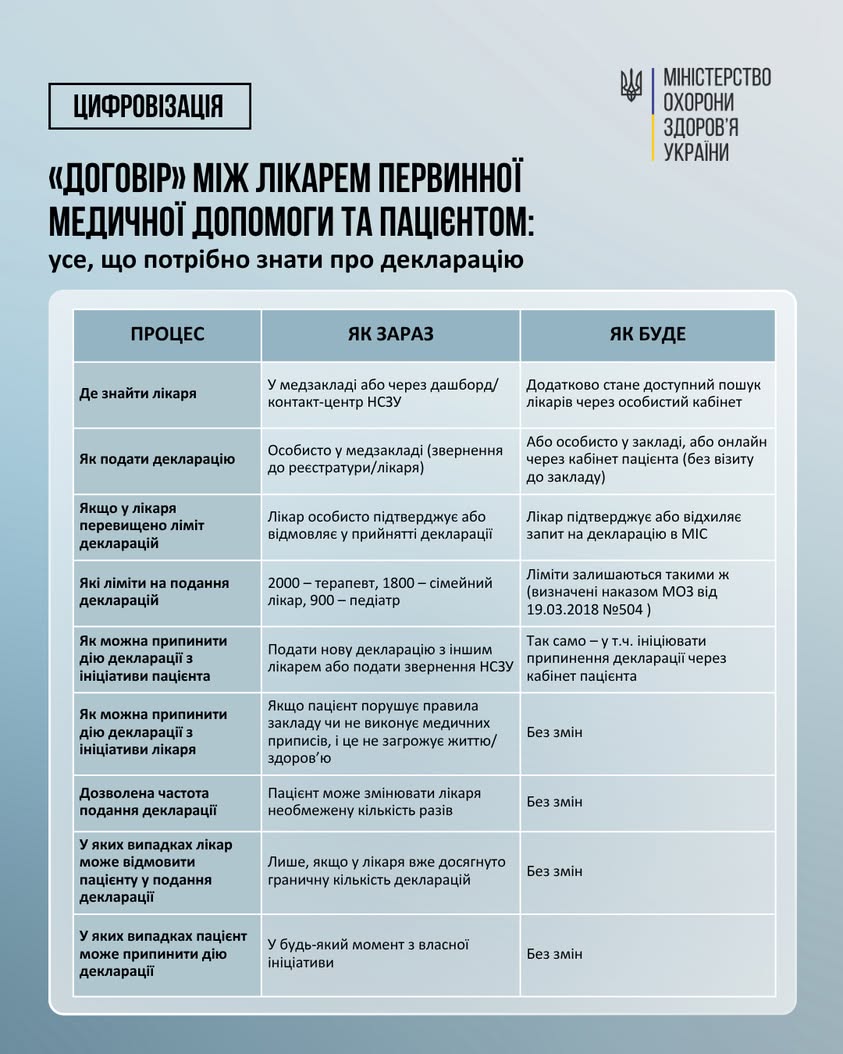COVID-19 Accelerated Brain Aging: Study Shows Unexpected Impact of the Pandemic.


The COVID-19 pandemic affected not only those who got infected with the coronavirus. It turned out that it accelerated the brain aging process even in people who did not contract the virus.
Scientists from the University of Nottingham conducted a study, the results of which were published in the journal Nature Communications.
How the COVID-19 Pandemic Affects the Human Brain
Researchers trained artificial intelligence to recognize signs of brain aging by using data from over 15,000 adults from the UK Biobank.
This algorithm analyzed brain scans from two groups of people: those who had MRI before the pandemic and those who were scanned before and after the quarantine. The results showed that during the pandemic, the brains of adults aged on average five and a half months faster than before the onset of the coronavirus.
Furthermore, signs of accelerated brain aging were found in people who had never been infected with COVID-19.
'This really shows how strongly the experience of the pandemic itself—from isolation to financial difficulties and stress—has affected brain health,' the researchers noted.
Scientists are particularly concerned about data regarding teenagers. Studies showed that young people, especially girls, exhibited thinning of the cerebral cortex, which is usually seen in teenagers who have experienced severe stress or trauma.
In adult men, changes affected the gray and white matter of the brain. Particularly vulnerable were older individuals and those in challenging socio-economic conditions.
However, there is also positive news. Researchers believe that these changes may be reversible, and neurological recovery is possible in the future.
Recently, a new strain of the coronavirus called Stratus (XFG) has been reported, characterized by extreme weakness and fatigue. This virus has already been identified in 8 regions of Ukraine and may be more dangerous than the known Omicron strain. Doctors have identified categories of individuals at risk and recommend following simple rules to prevent the spread of the virus.
The study showed that the COVID-19 pandemic could influence the speed of brain aging even in those individuals who did not suffer from the coronavirus. Changes in the brain were observed in both adults and teenagers, which could have important implications for public health in the future. However, researchers emphasize that these changes may be restored over Time. It is also worth considering the emergence of a new strain of the virus, which requires attention and caution in managing preventive measures.
Read also
- Veterans Need Support: How to Help Soldiers Return to Life
- Diabetes in Ukraine: new national screening for people 40+ starting in 2026
- Electronic Internship: How Young Doctors Choose Their Workplace
- Declaration with the doctor: what to do if it was terminated without your knowledge
- Scientists Create Universal Cells to Fight Cancer: What This Will Change
- Ukrainian hospitals ban donations: What the draft law provides









